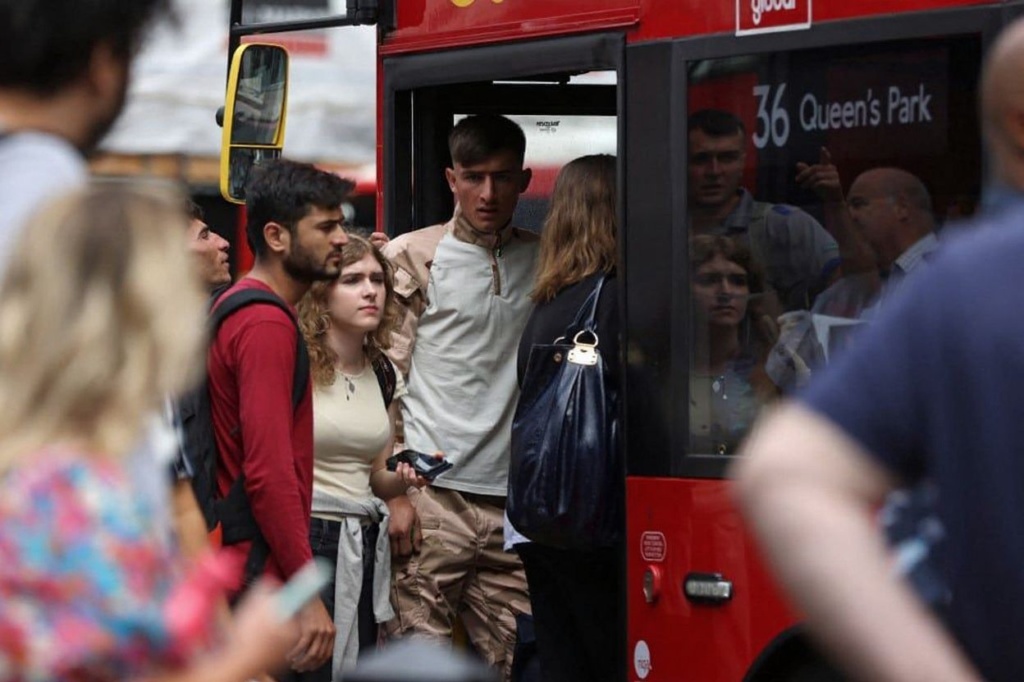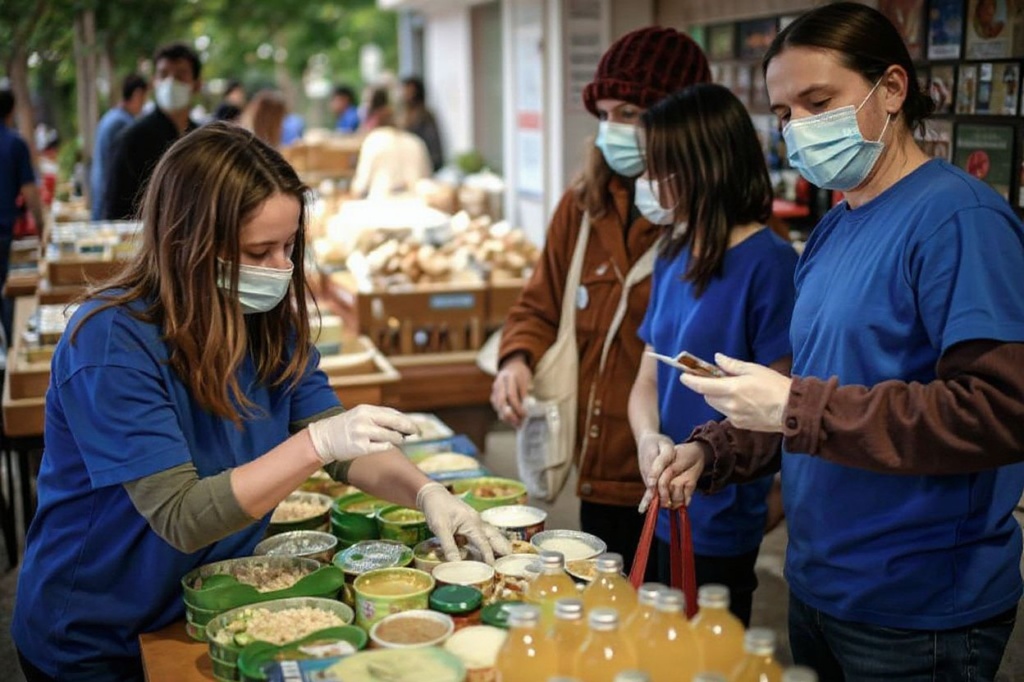
Britain has endured quite a shock in the last few months: a parliamentary crisis, the death of the country’s longest-reigning monarch, and a devaluing British currency. On top of that, rising living costs in the UK have further burdened its residents who are living in uncertain times.
For many university students, even a minor spike in expenses could mean the difference between security and peril. Students in the UK are facing an accommodation crisis, with demands quickly outpacing supply. Those who are renting off-campus must now bear cost surges in energy bills due to soaring gas prices in Europe.
The findings from a national survey conducted by Save The Student last month rang a few alarm bells on student affordability:
- Student living costs in the UK increased by 14% compared to 2021 due to inflation
- 82% of those surveyed worry about making ends meet
- 52% have thought of dropping out of university due to financial distress
- One in 10 students have used a food bank within the past academic year
In light of these concerns, some universities have begun introducing measures to alleviate mounting expenses for basic necessities. From food assistance to a little help with bill payment, check out if your university is offering aid to students at this time:
 Student expenses have risen by 14% compared to 2021 due to inflation.
Student expenses have risen by 14% compared to 2021 due to inflation.
Coping with rising living costs in the UK: Help for students
Energy grants
With energy rations expected to happen, off-campus residents are headed for a bleak winter if they can’t keep up with bill payments. To that end, York University has declared to distribute energy grants valued at 150 pounds to 2,220 students. The aid is made possible through a six million pounds package aimed at those who are most financially vulnerable.
The move was a response to a poll where 60% of York’s students relayed their concerns about money, according to BBC. “Whilst many of our students are accommodated on campus, the Household Energy Grant is aimed at supporting those students who live off-campus and who face considerable financial pressure as energy bills rise,” vice-chancellor Professor Charlie Jeffery was quoted saying to the news site.
He also added that bursaries have been created to help students with emergency loans, rental costs, and food vouchers.
Free food, vouchers, and subsidies
Price hikes do not spare everyday items, which means even groceries can be out of reach for students struggling in the current economy. The University of West Scotland, for instance, provides free breakfasts twice a week for its students to help them fuel for the day ahead.
Elsewhere, the University of Reading has introduced measures such as free eating plans for up to 11 weeks and an Essentials Cupboard for short-term food and personal care need. Supermarket vouchers that are worth 50 pounds can be accessed via the university’s student funding department.
 You can check out food drives and free meal initiatives on campus if you have difficulty accessing food.
You can check out food drives and free meal initiatives on campus if you have difficulty accessing food.
Shower facilities and short-term accommodations
Sadly, not all students will have access to secure housing during a financially challenging school term. As winter approaches, finding indoor spaces to keep warm will be crucial, especially with the possibility of energy blackouts.
The University of Edinburgh has made it clear that students are welcome to use warm indoor spaces and hot showers outside of office hours throughout its campus. For at-risk students who are threatened with homelessness, short-term stays and student support funds are possible if you can’t keep up with living costs in the UK.
For instance, the University of Strathclyde can award anywhere between 300 pounds to 500 pounds on a case-to-case basis to meet immediate housing needs. While universities don’t typically provide shelter, the University of Bedfordshire offers beds and student advice for those requiring accommodation until an alternative solution can be found.










